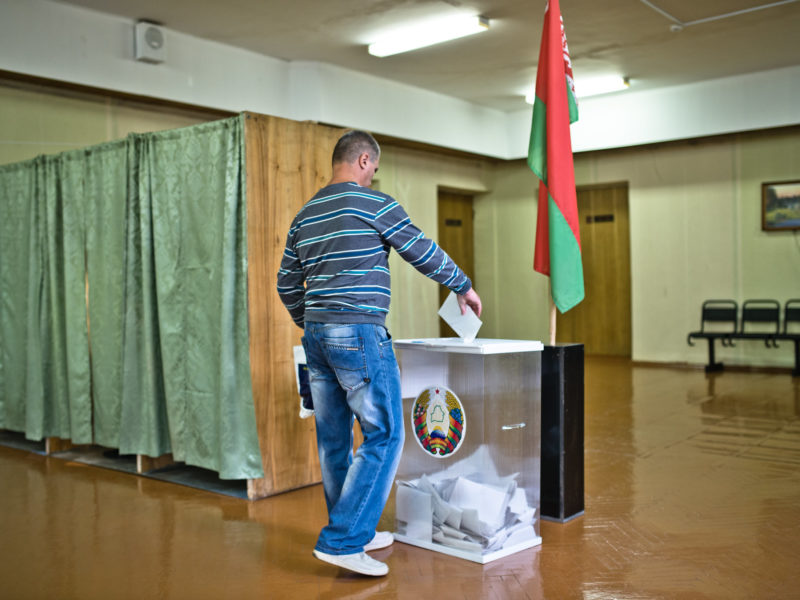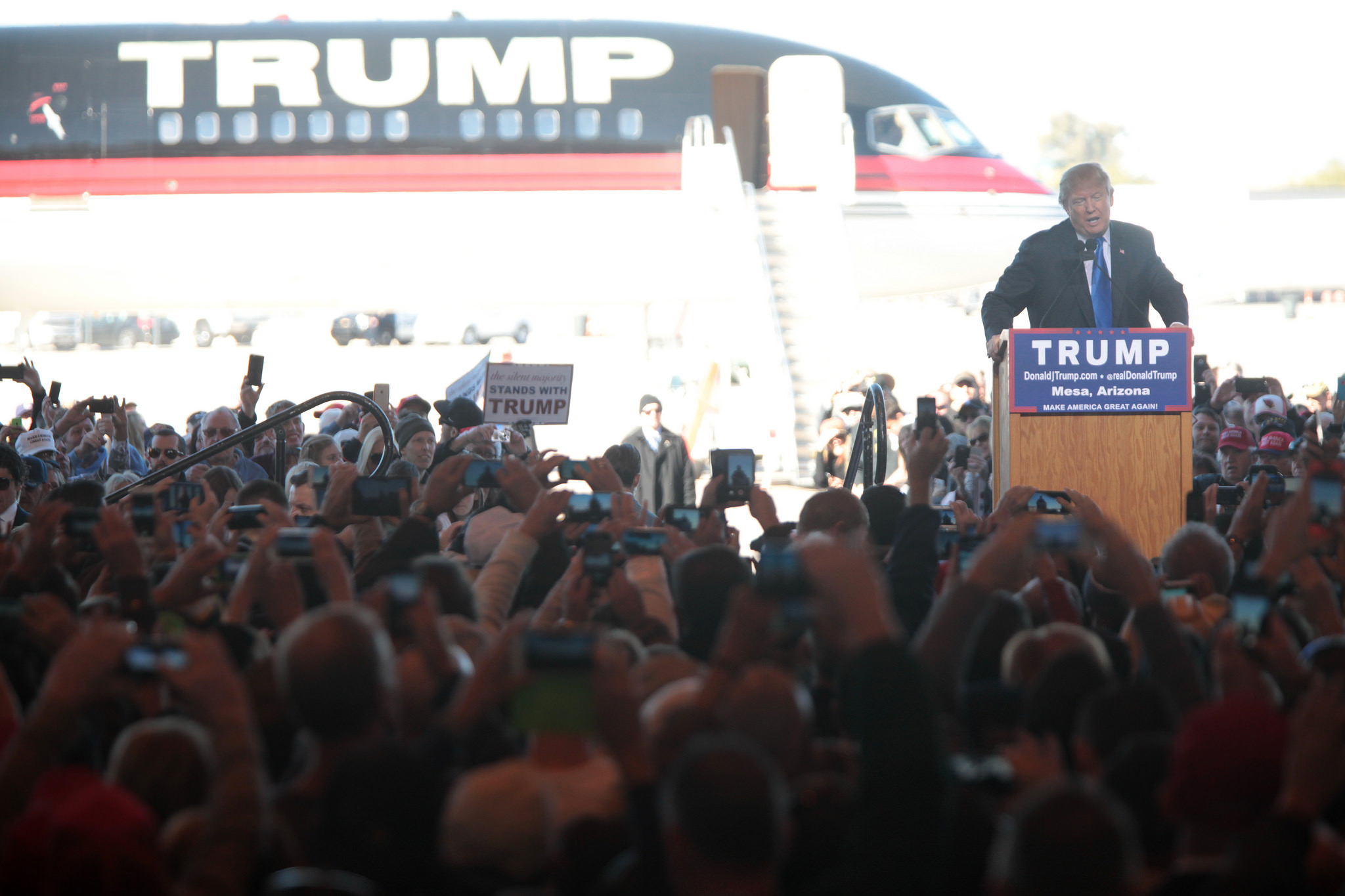Guest post by David Szakonyi
Voters generally do not approve of their leaders manipulating elections. In the just last few years, the world has witnessed incumbents toppled by protests over electoral fraud in Bolivia and Kyrgyzstan, building on the earlier wave of Color Revolutions that swept through Ukraine, Georgia, and other countries. Similar popular outrage about vote rigging turned violent in Indonesia following its 2019 presidential elections while in Belarus, post-election protests in 2020 nearly brought down President Lukashenko’s 26-year reign.
Election-rigging is a risky gamble that can backfire on incumbents and trigger intense public backlash. How then do incumbents bent on staying in power win competitive races? My recently published article in the British Journal of Political Science argues that politicians worldwide are learning from post-election demonstrations and devising more subtle—yet still effective—methods of undermining elections. Electoral integrity worldwide is being violated in ways that are not only harder to detect, but more difficult for democracy-minded activists to rally voters against.
The key for these savvy incumbents is to manipulate the rules and institutions that organize elections long before voters are cast. This approach helps politicians avoid the costs of trying to fix outcomes on election day, as well as the public headache of trying to explain away viral videos of votes being stuffed into machines or clumsy attempts to buy off voters.
Electoral rules come in many shapes and sizes, but all are critical for determining how candidates are registered, disputes arbitrated, and ultimately votes tabulated. But rules can be manipulated. Districts can be redrawn to favor certain candidates and parties (and gerrymandering is far from a US-specific practice). Strong challengers can be blocked from registering their candidacies and accessing the ballot. Election commissions—key actors in deciding how votes are counted—can be stocked with political sympathizers, while access to public funding can be skewed to certain parties.
Such institutional tactics are often formally approved by legislatures long before election day. Hiding behind this legal formalism, incumbents can more easily persuade the general public that their actions strictly adhere to the letter of the law and deserve less scrutiny. If questions swirl about unfree elections, voters are more likely to give them the benefit of the doubt, since the law is being followed as written. Manipulating institutions thus helps incumbents minimize potential public backlash after the results are tabulated on election day.
Russia is a prime example of a government relying more and more on manipulating institutions rather than engaging in overt, traceable electoral fraud. Long before he was jailed on trumped-up charges, Alexei Navalny was blocked from registering his candidacy and challenging incumbent President Putin in the 2018 presidential elections. This tactic of “candidate filtering,” e.g., preventing challengers from accessing the ballot, is used widely across Russia. Roughly 10 percent of the 106,235 mayoral candidates from 2005–2019 were blocked from running by local election commissions.
Public authorities have good reason for shifting their focus from overt fraud to manipulating institutions. In a representative survey of 1,616 Russian adults conducted in 2019, I found that Russian voters are much less angered when opposition candidates have their registrations rejected and are thereby prevented from running (a classic example of institutional manipulation) than they are when the regime organizes schemes to allow voters to illegally vote multiple times or pressures public sector employees to vote. Observing the regime violate an individual’s right to vote elicits a much more visceral sense of outrage than engaging in candidate registration tricks, which the general voter might think is justified or follows the letter of the law.
Less anger leads to less protest, even when institutional tactics are deployed to win close, competitive elections. The survey asked people whether they would sign a petition, join a demonstration, or participate in some other kind of societal action in response to hearing about election manipulation. People’s willingness to protest fell markedly in situations where the regime blocked opposition candidates rather than tampering with results on election day. Russian election officials seem to have less to fear by filtering out electoral challengers that threaten their hold on power. It is unsurprising, then, that Russian opposition candidates with governing experience are much more likely to see their registrations rejected in mayoral elections.
The cat-and-mouse game between incumbents and those fighting for free and fair elections is far from over. If anything, the growing sophistication of election monitoring technology is compelling incumbents to adopt even more backdoor methods for undermining elections way in advance of the actual voting. Developed democracies are far from immune to these manipulations, as Republican operatives in the US have doubled down on their efforts to force out election officials, redraw districts, and place further restrictions on voter registrations. Many voters have trouble paying close attention to this incremental erosion of democratic rules and norms, even as they happen smack dab in the middle of political terms. Incumbents appear more determined to win elections before they even happen and save themselves the trouble of putting down disgruntled protesters afterward.
David Szakonyi is an assistant professor of political science at George Washington University.





